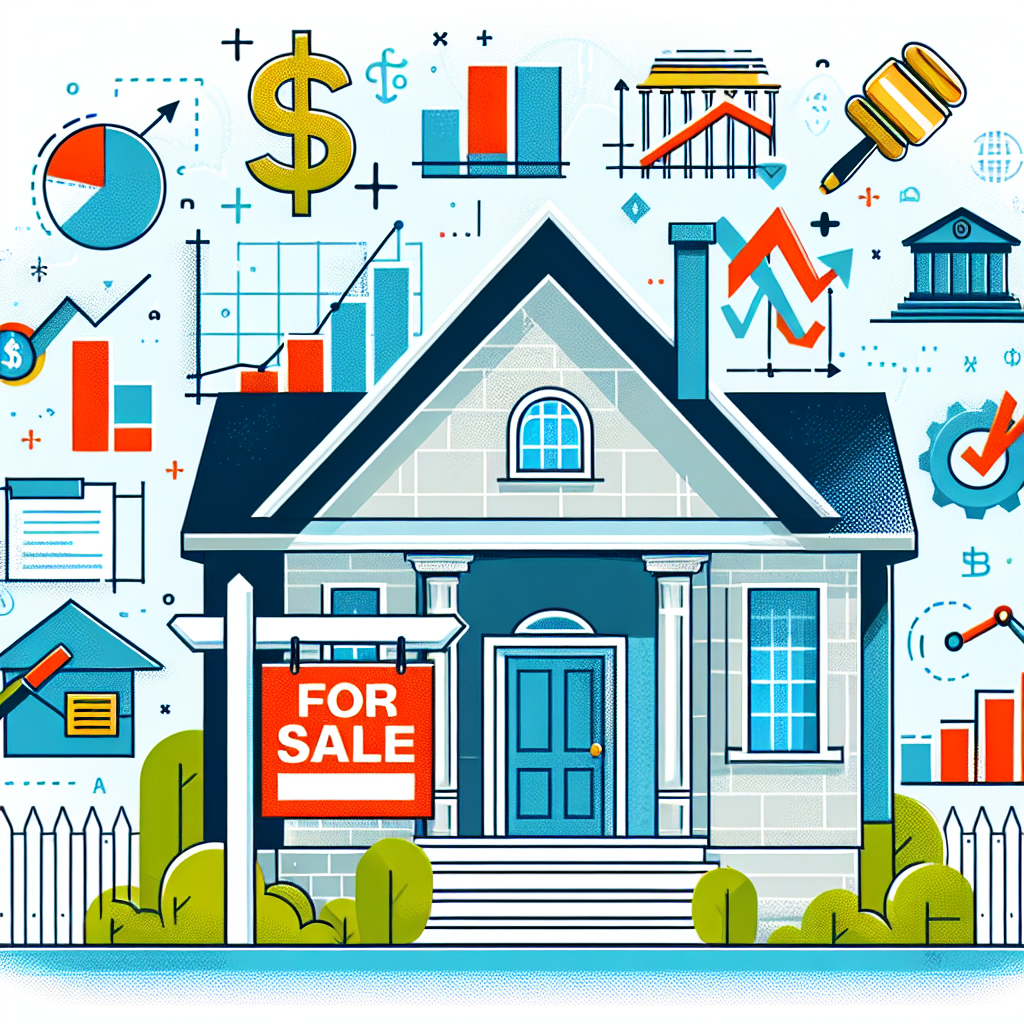Mortgage refinancing is a financial strategy that allows homeowners to replace their existing mortgage with a new one, often with more favorable terms. However, various political and economic factors can significantly influence the timing and feasibility of refinancing. In this article, we will explore how these factors can shape the mortgage refinancing landscape.
Understanding Mortgage Refinancing
Before diving into the political and economic influences, it’s essential to understand what mortgage refinancing entails. Homeowners typically refinance to obtain lower interest rates, reduce monthly payments, cash out equity, or change the loan term. The decision to refinance is often driven by shifts in the economic climate and governmental policies.
The Impact of Interest Rates
How Central Bank Policies Shape Rates
One of the most significant factors affecting mortgage refinancing is interest rates, typically influenced by central bank policies. The Federal Reserve in the United States plays a crucial role by adjusting the federal funds rate, which in turn affects mortgage rates. When the Fed lowers interest rates, borrowing costs decrease, making refinancing more attractive for homeowners. Conversely, rising interest rates can deter refinancing efforts.
The Role of Inflation
Inflation is another economic factor that can affect interest rates. When inflation is high, central banks may increase interest rates to stabilize the economy, making refinancing less appealing. Homeowners may find it challenging to save through refinancing when higher rates are in play.
Economic Growth and Housing Market Conditions
The Correlation Between Economic Growth and Refinancing
The strength of the economy also influences refinancing decisions. During periods of economic growth, consumers typically feel more confident about their financial situations. This confidence can lead to increased demand for home purchases and refinancing. Conversely, during economic downturns, homeowners may hesitate to refinance due to job insecurity and declining home values.
Housing Market Dynamics
The housing market’s health directly affects refinancing options. A strong housing market, characterized by rising home values, can create an opportunity for homeowners to cash out on equity through refinancing. On the other hand, if the housing market weakens and home values decline, homeowners may find themselves "underwater," making refinancing difficult or undesirable.
Political Factors and Their Influence
Legislation and Regulatory Changes
Government policies and regulations can have a profound impact on mortgage refinancing. Legislative measures, such as changes to tax incentives or mortgage regulations, can create both opportunities and challenges. For instance, recent governmental programs designed to assist borrowers with negative equity can encourage refinancing, while stricter lending standards may hinder it.
Political Stability and Homeowner Confidence
Political stability plays a crucial role in homeowners’ confidence and their willingness to refinance. Uncertainty surrounding elections, policy changes, or geopolitical events can lead to cautious financial behavior. When consumers are unsure about future economic or political conditions, they may delay refinancing even if interest rates are favorable.
The Influence of Government Assistance Programs
Programs That Encourage Refinancing
Several government initiatives aim to assist homeowners in refinancing. Programs such as the Home Affordable Refinance Program (HARP) were created to help borrowers facing high-interest loans or negative equity to refinance into more affordable mortgages. Such programs can provide a significant boost in refinancing activity, especially during times of economic distress.
The Role of Federal Housing Administration (FHA)
The FHA plays a critical role in facilitating refinancing, particularly for lower-income borrowers or those with less-than-perfect credit. By backing loans, the FHA makes it easier for these homeowners to refinance and secure better loan terms even when traditional lenders are less willing to extend credit.
Conclusion: The Interplay of Political and Economic Factors
In summary, mortgage refinancing is intricately tied to various political and economic factors. Homeowners must consider interest rates, inflation, and the overall health of the economy when deciding to refinance. Additionally, political stability and government policies can either facilitate or hinder refinancing opportunities.
Being aware of these factors can empower homeowners to make informed decisions about refinancing—ultimately leveraging economic and political trends to secure their financial futures. For those contemplating refinancing, staying informed and consulting with a financial advisor can provide valuable guidance in navigating this complex landscape.

